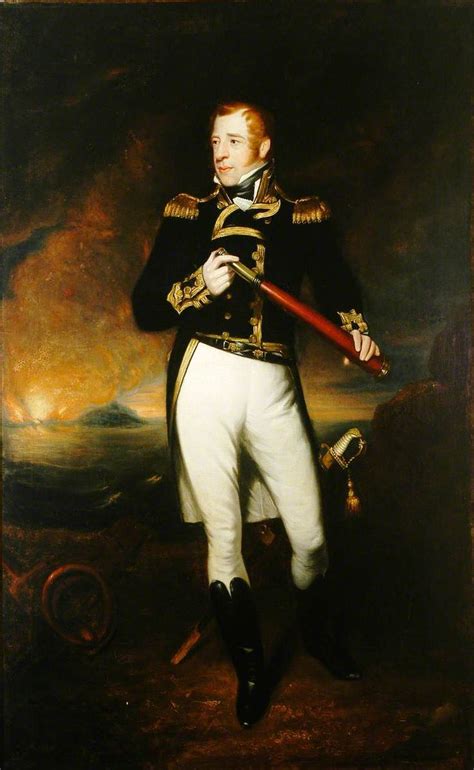A Quote by John Kleinig
Whistleblowing constitutes a nice test case for the evaluation of loyalty. Loyalty also appears at the intersection of many major philosophical debates: general ones such as those between consequentialism and deontology, reason and feeling, virtue and principle, as well as more specific ones such as nationalism and patriotism, morality and obedience, particularism and universalism.
Related Quotes
It is odd that a value/virtue that plays such a central role in dramatic literature has played such a small role in philosophical writing. There are probably a number of reasons, but I think that a predilection for a certain kind of individualism is a major one. Others might include the fashionability of consequentialism, the idea that loyalty has more to do with sentiment than reason, as well as its proneness to corruption. The revival of interest in virtue/character as distinct from rules/principles has also created space for a renewed, if hesitant, interest in loyalty.
What is patriotism but love of the good things we ate in our childhood? I have said elsewhere that the loyalty to Uncle Sam is the loyalty to doughnuts and ham and sweet potatoes and the loyalty to the German Vaterland is the loyalty to Pfannkuchen and Christmas Stollen. As for international understanding, I feel that macaroni has done more for our appreciation of Italy than Mussolini... in food, as in death, we feel the essential brotherhood of mankind.
If loyalty is, and always has been, perceived as obsolete, why do we continue to praise it? Because loyalty is essential to the most basic things that make life livable. Without loyalty there can be no love. Without loyalty there can be no family. Without loyalty there can be no friendship. Without loyalty there can be no commitment to community or country. And without those things, there can be no society.
If patriotism were defined, not as blind obedience to government, not as submissive worship to flags and anthems, but rather as love of one's country, one's fellow citizens (all over the world), as loyalty to the principles of justice and democracy, then patriotism would require us to disobey our government, when it violated those principles.
One of the real dangers of loyalty is that it may become associated with certain types of group-think, chauvinism, jingoism, and thus become socially destructive in ways that many other virtues are not likely to be when they are corrupted. Nationalism and patriotism are especially prone to misguided excess.




























